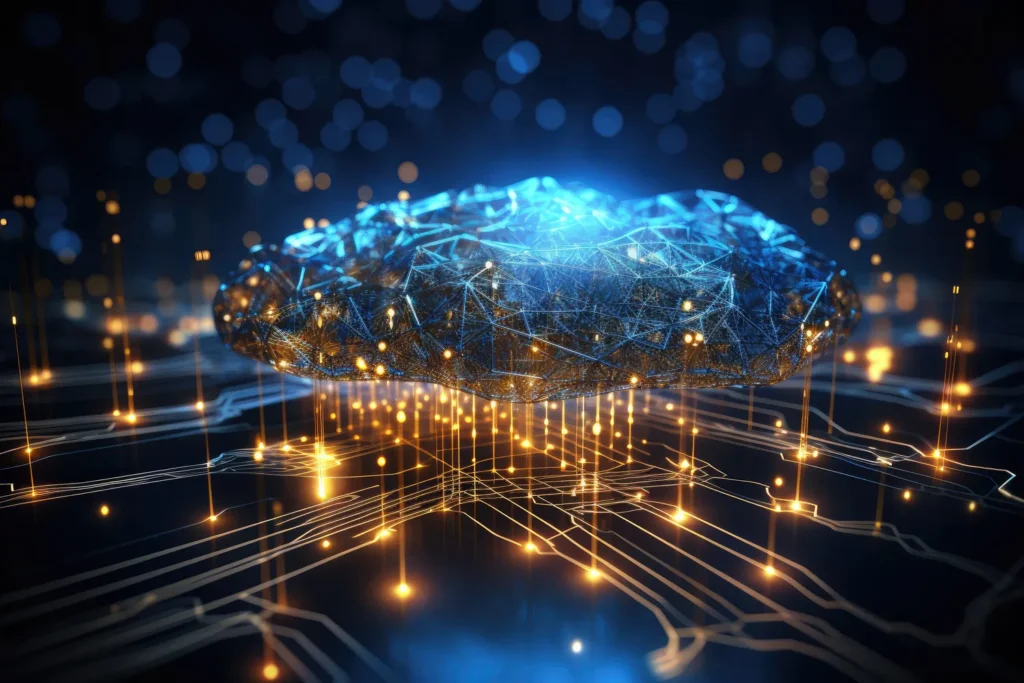Articles
The Foundations of Artificial Intelligence
At the heart of AI evolution are machine learning algorithms, complex mechanisms that enable systems to process massive amounts of data and learn autonomously. These algorithms are key to AIs’ ability to adapt, evolve and solve complex problems. By delving into the underlying mechanisms of these algorithms, we’ll discover how they form the basis of the meteoric growth of artificial intelligence.
Safety Challenges

However, the ubiquity of artificial intelligence is not without its risks. Vulnerabilities to malicious attacks, the manipulation of training data and potential consequences for physical security raise complex challenges. Let’s delve into these crucial aspects, examine the potential risks and consider solutions for strengthening AI security in an increasingly connected world.
Cybersecurity and Artificial Intelligence
In the field of cybersecurity, artificial intelligences play a dual role as defense shields and potential weapons. Automated attacks and sophisticated defenses are fuelling an algorithmic arms race. We will explore this new era of cybersecurity, highlighting the issues and challenges involved in using AI in digital security.
Responsibility and Ethics

As artificial intelligences make crucial decisions that impact our lives, the question of responsibility and ethics becomes essential. We’ll take a close look at the ethical implications of AI decisions, highlighting the need for greater transparency, protection of privacy and prevention of all forms of algorithmic discrimination.
Balancing innovation and safety
In conclusion, we will reflect on the importance of striking a delicate balance between technological innovation and the preservation of security and ethics. As artificial intelligence continues to reshape our world, we’ll look at future prospects, the challenges ahead and the collective efforts needed to ensure the responsible and sustainable development of this amazing technology.